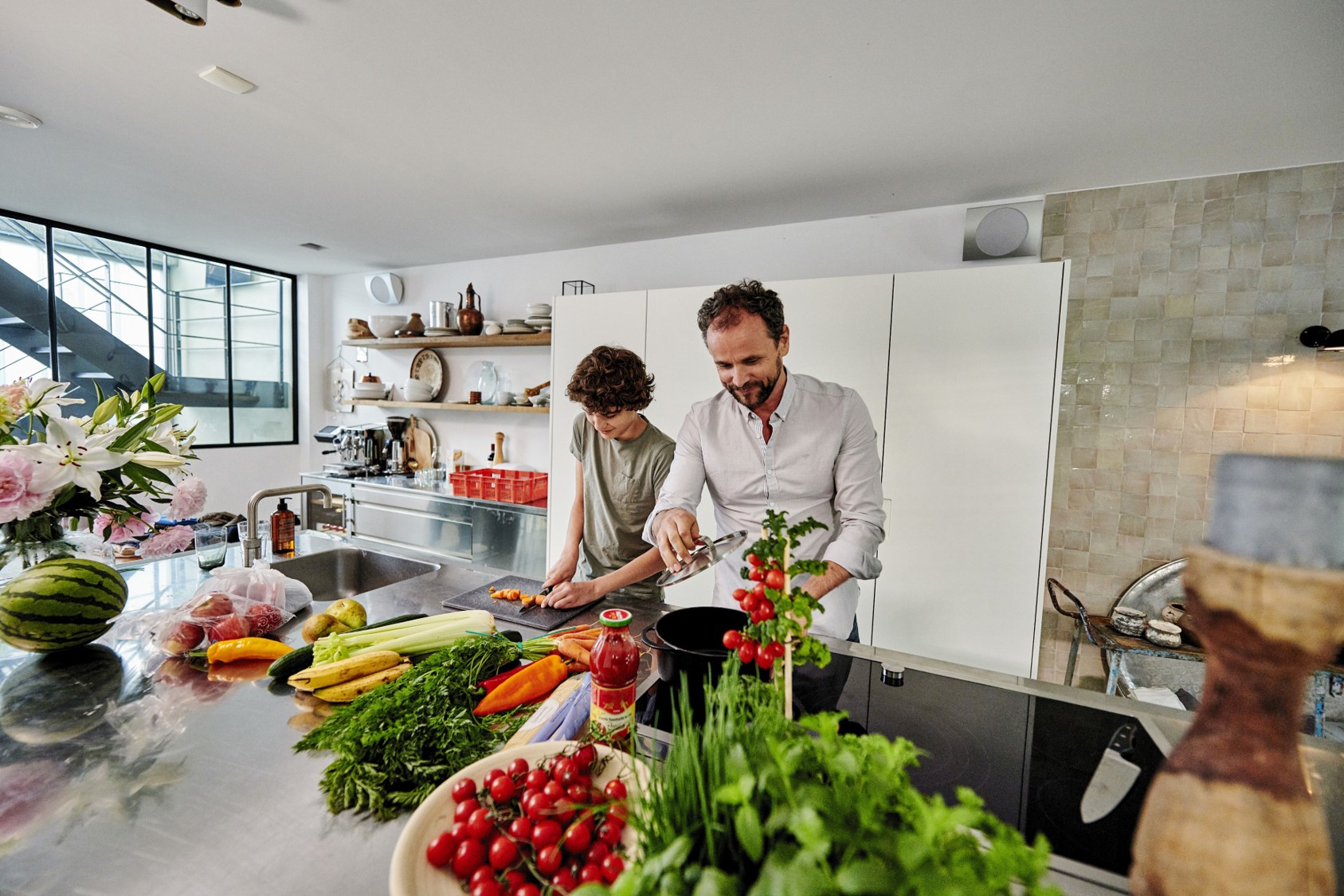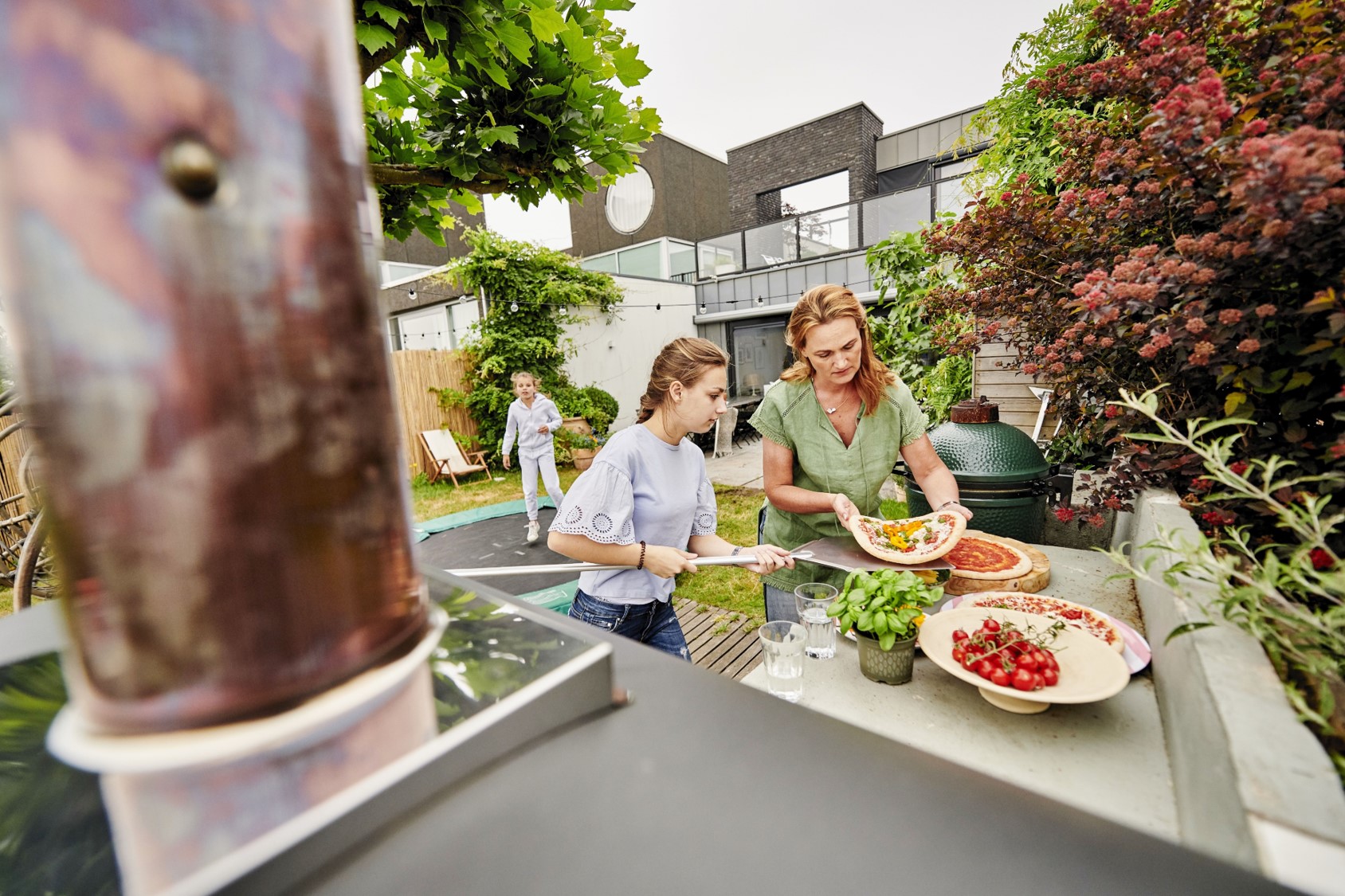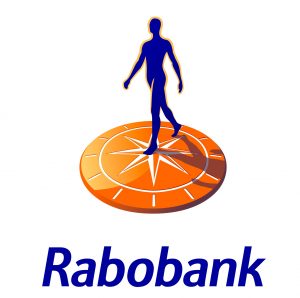
Almost everywhere in the Western world, the number of “diseases of affluence" is increasing. To serve the health and resilience of individuals as well as society as a whole, we must, over the coming years, focus primarily on prevention. A healthier diet is a big step in the right direction. Personalised nutrition can play an important role in this.
International student Emma wants to quickly boost her slightly low fat percentage before running a marathon. Her online personal nutrition coach advises eating a mackerel sandwich today and two hands of walnuts tomorrow.
Harry (stressful job at a tech company) on the other hand, is overweight and needs to exercise more often and eat less fatty foods. Apps on his smartphone encourage him to go to the gym ("Your friend Peter just burned 674 kilocalories!") And alert him to a grocery store offer for oatmeal, including a quick and easy recipe.

Freelancer Eva also wants to shed some pounds and has a strongly fluctuating blood sugar level. While she is queuing at a sandwich shop, she gets a push message from the healthy & fit program that many of her friends have on their smartphone: "Your glucose level was on the high side this morning. A salad with a slice of whole wheat bread is the best choice and will provide you with enough energy to get you through this afternoon's meeting. "
Technological innovation
Three fictional examples of personalised food, or a customised diet. A healthy dietary advice that is fully adapted according to age, sex, weight, allergies, (potential) diseases and lifestyle. Aided by technological innovation: fit bracelets that monitor, for example, heart rate, calorie intake and cholesterol, apps to put together a healthy meal with the right nutritional values and scanners that help you choose products with the right ingredients in the supermarket. Personalised food is the future, but this is only the beginning of this development.
"Healthier diets are essential, both for ourselves and from a social point of view," Sebastiaan Schreijen comments. He is a Senior Analyst at RaboResearch Food and Agribusiness. "If we do nothing, the ageing of the population will lead to a sharp increase over the coming years in chronic conditions such as diabetes, causing a huge rise in healthcare costs. Last year, in the Netherlands, these already amounted to one hundred billion euros annually. Only two percent of that is spent on prevention. We will need to focus much more on that.” A challenge not only the Netherlands, but also the rest of the Western world faces.
A gap in understanding of healthy eating
What is health, anyway? "The resilience to be able to prevent disease," reads the definition of TNO, a Dutch research institute.
The Covid-19 pandemic teaches us that people with underlying conditions are extra vulnerable. Here too, the emphasis is therefore on prevention. A healthy diet can play an important role in this.
"The offer in the supermarkets suffices when it comes to making healthy choices," Schreijen emphasises. “But in practice, people don't do it. There are several reasons for this. For one, the majority of people still do not spend enough time on understanding healthy eating. With the exception of the "foodies" perhaps, but that is estimated to amount to under 5% of the population".
However, Schreijen also notes a break in the trend: interest in healthier food is growing. However, one third of the Dutch say they lack the knowledge to put together the ideal personal diet themselves, according to research by Gfk, in collaboration with Rabobank.
"There is a gap between thinking you know what you eat and actually knowing what you eat," says Schreijen. "Science is often unable to properly convey the message of what is or isn’t healthy, or it is mistrusted. And so people look for guidance in the latest trends on social media or the recommendations of the nearest influencer. For example, they go organic, E-number free, without gluten or vegetarian food, while it has not been scientifically proven to be healthier. The big question is how we are going to close that gap."

Measure what you eat
‘Much can be gained already if the food industry provides uniform, more legible labels with clearer information,’ Schreijen explains. No less than 72% of the Dutch consider the label the most important source of information, but want more transparency, according to the Gfk / Rabobank survey.
This disclosure of information also contributes to the rise of personalised nutritional advice. This is why the food industry ought to invest more intensively in databases that provide the right nutritional values, as well as apps and the roll-out of, for example, food scanners to make healthier choices as easy as possible. And then there is the challenge of developing "smart food”: the enrichment of food, for people suffering from chronic illness, or to aid recovery after an operation.
“Customised food is vital to our health as well as society”
- Sebastiaan Schreijen, Senior Analyst at RaboResearch Food and Agribusiness
Food for 9 billion people
Banking for Food is Rabobank’s vision on food for over nine billion people in 2050. Why does Rabobank, being a bank, engage in this, outside as well as within the Netherlands? This has everything to do with the ambition and the origins of the bank. Rabobank knows food & agri like the back of its hand. Rabobank started out in agriculture and has a strong market position in this sector both in the Netherlands and abroad. Over the years, this position has been extended to the entire food chain: Rabobank supports and facilitates entrepreneurs from seed to plate. From the farmer who produces the food, to the hospitality entrepreneur who makes it into a delicious meal.
The challenges are great in the world of food. Rabobank considers it its mission to contribute to a more sustainable world, through the facilitation of the economic success and growth of customers and the communities in which they operate. Rabobank undertakes activities that match this ambition in many parts of the world. The aim is to increase the amount of available food, improve access to food, promote healthy nutrition and increase the stability of the food industry.
 This content is offered in cooperation with
This content is offered in cooperation with
Rabobank - Sustainable Health & Finance
Learn more about Rabobank
